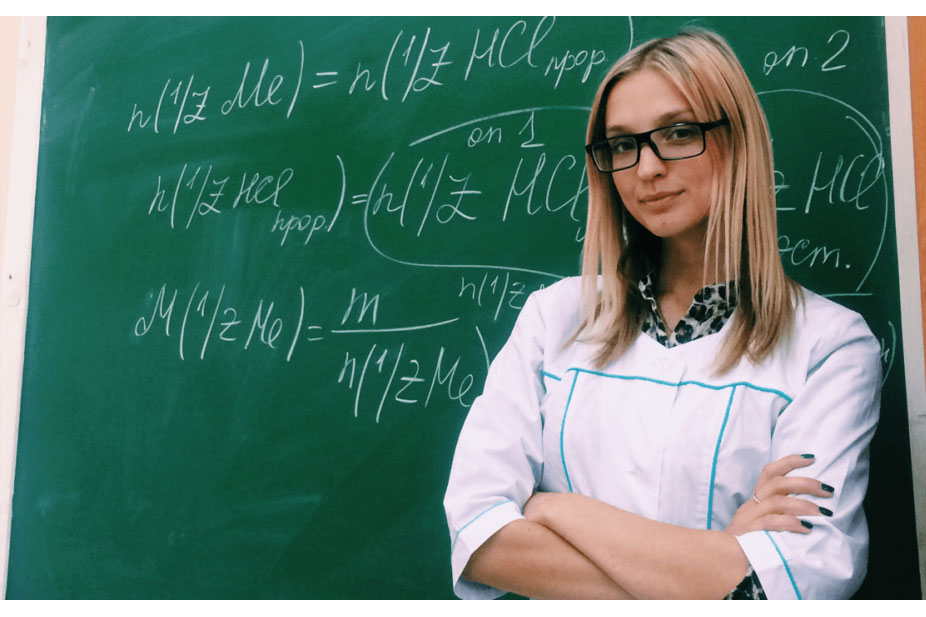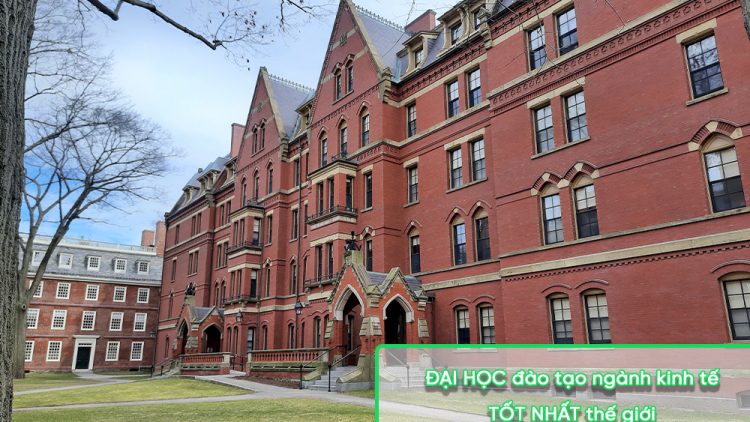ITT – A special feature of the teacher standards in developed countries such as Finland is that from primary school to high school teachers, they all have to have a master’s degree, preschool and kindergarten teachers need a bachelor’s degree.
US
There is no separate pedagogical university in the US. All faculties that have teacher training programs are part of a certain university. To be a teacher, learners need to go through the following 2 stages:
- Before being a teacher, learners are required to have a bachelor’s degree in a certain subject.
- After studying and having a bachelor’s degree, learners must first pass the Praxis I exam to test three basic subjects of the elementary school (Reading, Writing, and Math).
Usually, teachers have at least 3 internships:
- The first time is the practice session, completely observing and taking notes.
- The second time begins to participate in the teacher’s actual workday or process but mostly assists her (like assisting her with paperwork and tutoring).
- The third time is to practice teaching for about 15 weeks and do things like a real teacher such as preparing lessons, grading papers, going to meetings, participating in school activities, going on sightseeing tours…
Finland
A special feature of the teacher standards in developed countries such as Finland is that from primary school to high school teachers, they all have to have a master’s degree, preschool and kindergarten teachers need a bachelor’s degree.
The high level of expertise of the pedagogy, in addition to ensuring that learners not only have good qualifications, master the teaching work in the education industry, also help them easily find other jobs.
Teachers of vocational schools are trained in 5 teacher training schools affiliated with universities for practice. Vocational training can be done under two forms: full-time and part-time (combined study with work). Vocational teachers’ qualifications are assessed on the basis of qualifications and work experience.
Germany
German government stipulates that teacher training must be in universities and internships:
- Training period in university: This period lasts for 3-4 years, students study in 6-8 semesters with 180-240 credits (average 30 credits/semester, 1 credit 15 hours, including self-study time).
- Master training phase: This phase lasts for 1-2 years, students study in 2-4 periods with 60-120 credits.
- The period of apprenticeship training after university graduation: After receiving a master’s degree, to become a teacher, students need to register for apprenticeship training at the state department of education, internship training period is 1 year (some states 1.5 – 2 years).
Japan
In Japan, there are two models of teacher training: training in schools and pedagogy; training at other universities and colleges.
- Teacher training in schools and pedagogy faculties: Before 1949, each prefecture in Japan had 1 teacher training school, specializing in training general teachers. After 1949, these pedagogical schools gradually became pedagogical universities. Students of these schools will be awarded teacher licenses upon graduation.
- For other colleges and universities: Offers elective courses for students who want a teacher’s license. The curriculum framework is regulated by Education Licensing Law (1949) of the Japanese Ministry of Education. To receive a grade 1 degree for elementary and middle school teachers, students need to take 124 credits (equal to 186 credits in Vietnam).
Korea
Teacher standards in developed countries such as Korea are a 4-year program, including subject content and pedagogical theory.
- Core and general knowledge subjects account for 30% of the curriculum, of which 65% are in the fields of humanities, social sciences, natural sciences, and physical training; the remaining 35% are elective, and students can choose from humanities, languages , and literature, social sciences, natural sciences, and the arts.
- Specialized subjects (every teacher in Korea must have a major listed in the teaching certificate) account for 70% of the training program.
When students complete 4 years to earn a bachelor’s degree, they are eligible to apply for a teacher certificate (practice certificate). They are awarded second class certification, which can be upgraded to first after 3 years of experience and 15 hours of refresher credit.

 Tiếng Việt
Tiếng Việt


